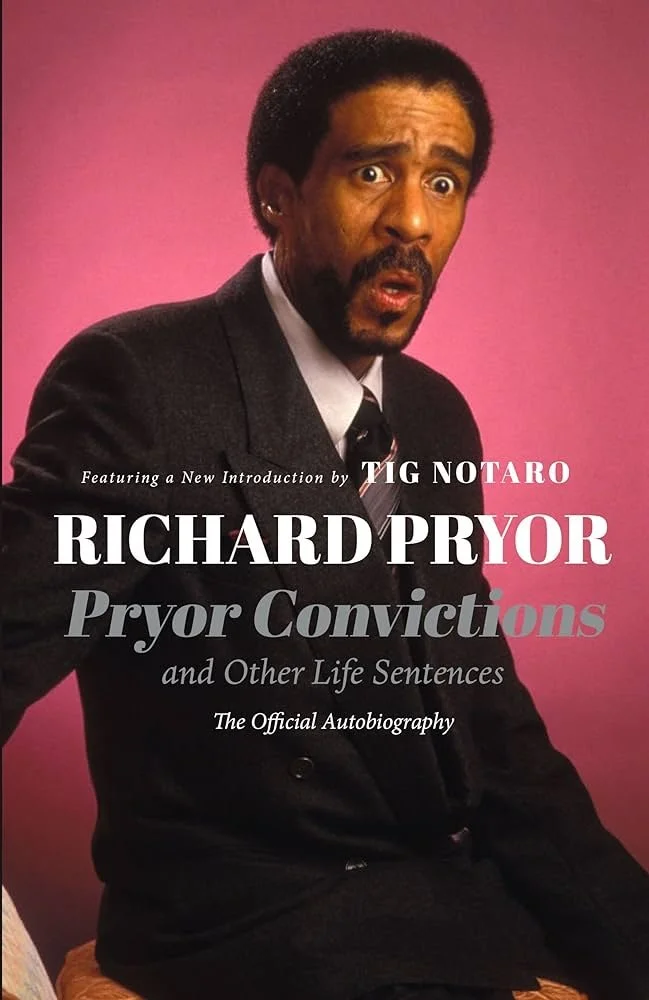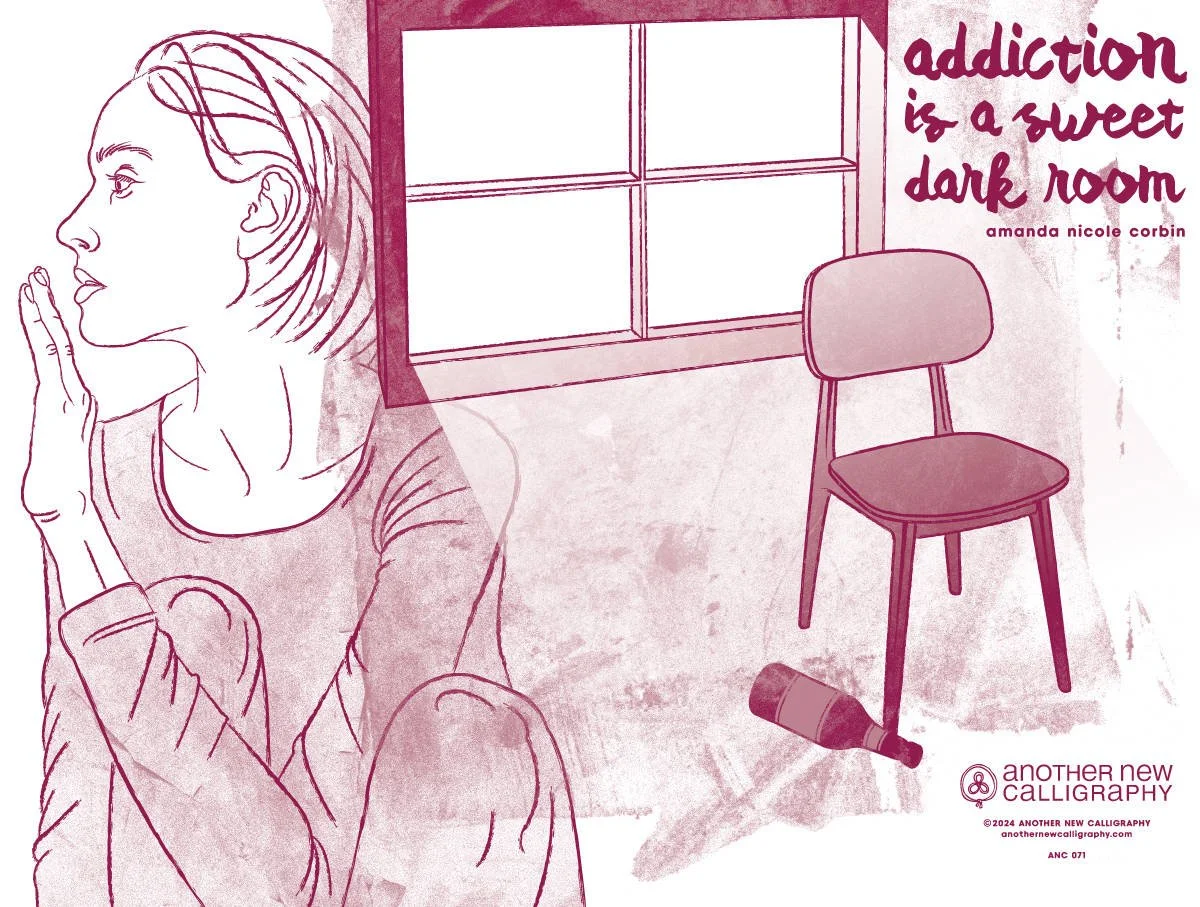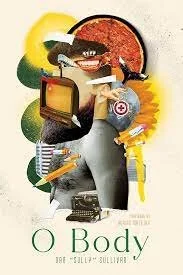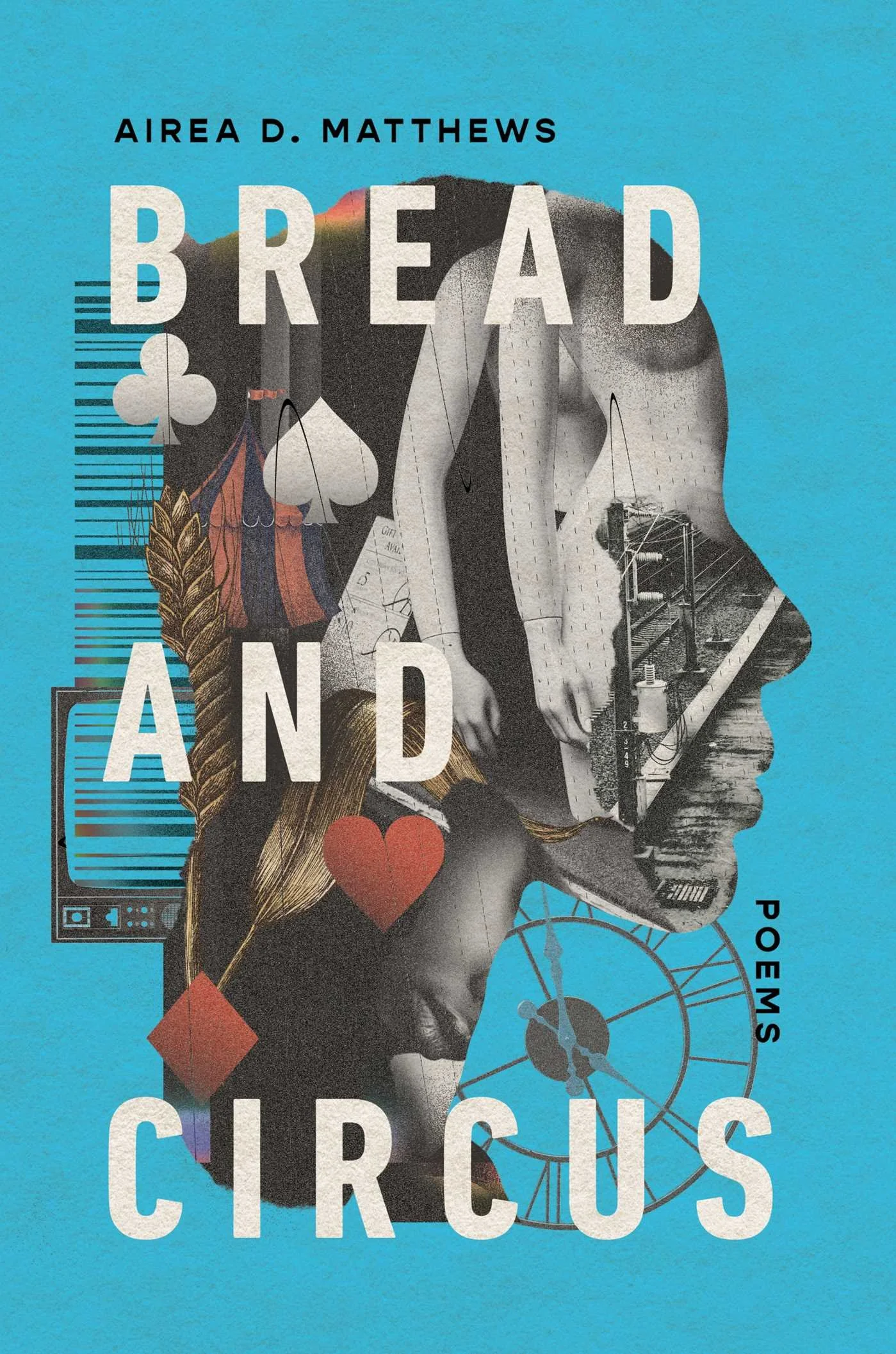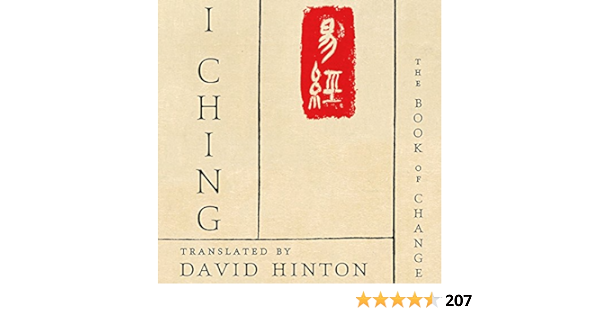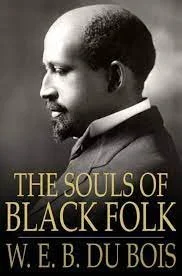Handbook of Restorative Justice / edited by Gerry Johnstone and Daniel V. Van Ness / 2011
I’m so grateful for this book. At over 600 pages, it goes through chapter by chapter tackling critical issues in restorative justice, from its philosophical underpinnings, its history, the rationale of its procedural variations and its evaluative criteria, and more. The wisdom in this book is through the roof and articulated with a clear-eyed thoughtfulness, chapter after chapter. Contemporary pop abolitionists frequently point to the terror of mass incarceration and its impact without adequately drawing a picture of what a world without mass incarceration would look like. Restorative justice has well thought out plans and answers in this regard that, yes, do need more experimentation, but do offer viable alternatives. I especially appreciate its philosophical wrestling with the need for coercion in cases of persistent violence and its focus on the lack of rehabilitative services for victims, as a part of its vision. Beyond the rhetorics of marxism and decolonization, the books on restorative justice that I have read are the ones that have provided me with the greatest sense of clarity and hope about the future I want.
There’s only two larger shortcomings with this collection I think are worth quibbling with: 1) The first is minor. They include a chapter on Christianity that misses the mark entirely imo, as it spends time going back and forth with different interpretations of the Bible and its forms of justice, losing itself in the debate. This sidesteps what is most interesting about Christianity’s relationship to restorative justice: a) Christians have led the way in many places in developing restorative justice. The authors acknowledge this and use this as justification for including the chapter, but they never talk about WHY that may be the case. My suspicion is that few religions have circled the ideas of sin and forgiveness than Christians. Through Christ, EVERYONE can be forgiven and I think this sincere belief gives ordinary people the strength to do the work of restorative justice. I’m curious how other ordinary people develop this strength, but anyone who spends time in prisons knows that Christians are some of the few people who dedicate themselves to serving the incarcerated. Many of the incarcerated, especially those who have committed heinous crimes, rely on Christianity to survive mass incarceration and forgive themselves. Under extreme duress, many humans reach towards the supernatural, of course. But I am hungry to read something that unpacks the layers here about the role of Christianity for both practitioners of RJ and victims of the system and how ordinary non-Christians can develop some of the muscles that best Christian RJ practitioners seem to have.
2) There’s a chapter on the role of police in RJ. The authors ultimately conclude that there’s no data that suggests that police participation in RJ is more harmful than not. Just as some folks feel alienated by police, others feel safer, and the authors ultimately conclude that it’ll depend on the community, relationships built therein, and there’s no reason to rule it out entirely. I’m sure they didn’t misread their data, but here’s a place where ideology and the history of policing in the US at large do have tremendous insights and why that isn’t a good idea. The role of police officers and the tools they have would need to be completely reimagined under RJ and it was strange to encounter a chapter that basically opened the door to intersecting with traditional justice systems without challenging some of the fundamental issues of power and relations that exist between community members and traditional police forces. How cool would it have been to have a chapter that used RJ to reimagine what services would exist in lieu of police or how coercion would operate under RJ in necessary situations.
While not exactly reflected in this little book review, my takeaways were ultimately largely positive and an immense sense of gratitude for having found a community of people approaching the work with the right spirit. 4.8/5

